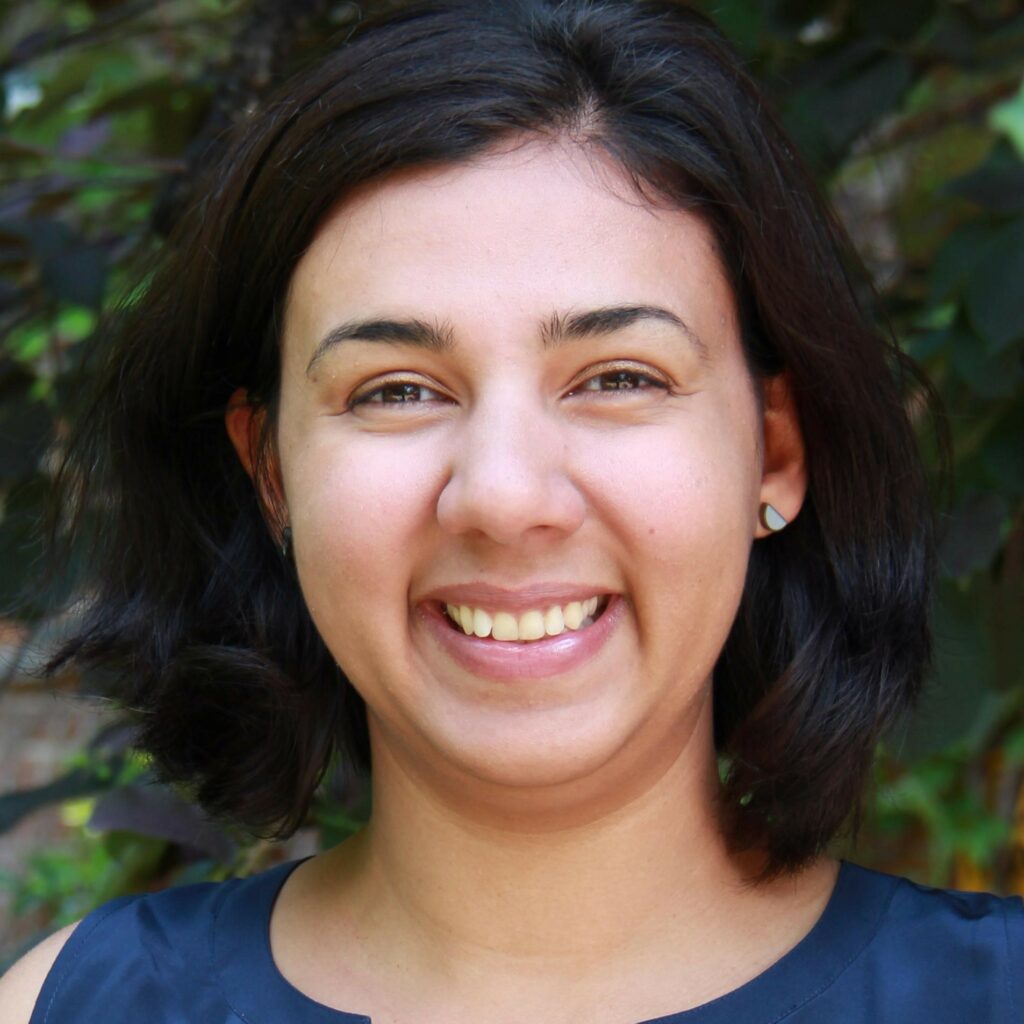
New federal funding for York will support and strengthen the University’s research initiatives and community engagement across the country.
Named among the recipients in a March 13 announcement to infuse more than $308 million across the country are Associate Professor Sheila Colla, Professor Michael Brown and the k2i (kindergarten to industry) academy at the Lassonde School of Engineering.
Sheila Colla
A pioneering force in conservation science, Colla has been awarded a prestigious honour that recognizes individuals and groups who are inspirational in their efforts to promote science.

Colla is the recipient of the 2024 Natural Sciences and Engineering Research Council of Canada (NSERC) Award for Science Promotion – a national award that celebrates an individual or group who fosters public interest with their dedication to science. The annual award provides a platform for Canada's scientific community to acknowledge and support exceptional science advocates. Recipients receive a $10,000 award to support science promotion activities in Canada.
Colla is a professor in the Faculty of Environmental & Urban Change (EUC) and holds the York Research Chair in Interdisciplinary Conservation Science. Her work in conservation science is largely focused on the study of and advocacy for wild bee species, including the decline of the Rusty-patched bumblebee and her work to have the species added to the federal endangered list.
“As one of Canada’s most respected voices for wild bee conservation, Dr. Colla has demonstrated outstanding achievements in promoting science to the general public and in ensuring that science-based information and inspiration is accessible to all,” says nominator Lorraine Johnson, a cultivation activist.
At York, she runs the Colla Conservation Science Lab to investigate all aspects of pollinator conservation and is also a member of the University’s bee research organization BeeC, which aims to advance research and inform policy on pollinators.
“Dr. Colla represents the best of scientific research and engagement in Canada,” says EUC Dean Alice Hovorka. “She serves as a role model to others advocating for biodiversity, including the next generation of scientists training under her supervision at York University. Dr. Colla's impactful, collaborative approach to bee research reaffirms that championing environmental sustainability is a collective effort. “
Beyond her instrumental research, Colla works to engage the public in conservation science through community nature walks, school presentations, media interviews, books and more.
An award-winning author, Colla has published The Bumblebees of North America and A Garden for the Rusty-Patched Bumblebee. She has also been recognized for her work and knowledge mobilization with the 2024 Ontario Nature Education Award, the York University President’s Research Impact Award, the Entomological Society of Canada C. Gordon Hewitt Award and the American Library Association Outstanding Reference Source Award.
Michael Brown
First appointed the Canada Research Chair in Computer Vision in 2017, Brown will continue his research efforts in this capacity with the renewal of this NSERC-awarded chairholder position.

"I am honoured to have been renewed for a second term as a Tier 1 Canada Research Chair in Computer Vision. The support provided by the CRC program has been instrumental to my career, enabling my lab at York University to establish itself as a leader in the area of in-camera processing and computational imaging systems,” says Brown.
Brown is a professor in the Department of Electrical Engineering & Computer Science at the Lassonde School of Engineering. His research focuses on advancing the understanding of the physical world through camera imaging by developing image formation models that characterize how incoming light (i.e. scene irradiance) is converted into camera sensor responses under diverse imaging conditions.
His work also involves designing novel in-camera imaging pipelines that generate outputs suitable for both photographic and scientific applications. Brown’s lab has produced several seminal algorithms and datasets that are widely used by academic institutions and industry to benchmark in-camera operations such as image denoising, autofocus and white balance.
He was recently named an Institute of Electrical and Electronics Engineers Fellow in recognition of his contributions to in-camera colour processing.
k2i academy: Bringing STEM to Life (STEM2Life)
The Lassonde School of Engineering’s k2i academy will continue to enhance STEM education for youth, families and high school students in the Greater Toronto Area through the Bringing STEM to Life: Community and Bringing STEM to Life: In School programs.

Funded by an NSERC PromoScience grant, these initiatives provide youth and families access to hands-on learning in engineering design, robotics, electronics and coding through community partnerships. The grant of $180,000 each year for three years will support STEM learning to ensure accessibility and inclusivity, offering students real-world applications of STEM concepts.
“At k2i, we are continuously creating dynamic, collaborative opportunities that bring STEM to life in both formal and informal learning environments,” says Lisa Cole, k2i director. “Our goal is to inspire the next generation of innovators, creators and problem solvers. The world needs diverse perspectives, skills and knowledges to tackle complex challenges and shape a better future – and we’re committed to leading that change.”
Bringing STEM to Life: Community is an innovative program designed to engage youth (grades 5 to 12) in hands-on STEM learning through engineering design and computational thinking. Developed in collaboration with the k2i academy, undergraduate STEM mentors and community partners, the program offers coding, AI, 3D design, robotics and electronics activities linked to real-world challenges and the United Nations’ Sustainable Development Goals (SDGs).
Participants will explore sustainable city design, build robotic systems for responsible production and create environmental tracking systems using electronics. A lending library in Toronto and Markham public libraries further extends learning with robotics and electronics kits for students from kindergarten to Grade 12.
The Bringing STEM to Life: In School program is expanding its offerings for grades 9 and 10 students, offering hands-on STEM experiences aligned with Ontario’s science curriculum. Developed with the k2i academy, educators and school boards, the program integrates engineering, coding, electronics and robotics into classroom learning.
Teachers receive ongoing professional development and coaching, with activities like using light and chemical reactions to explore clean water solutions in Grade 10 science. The program will also extend to elementary schools through partnerships with secondary feeder schools.
